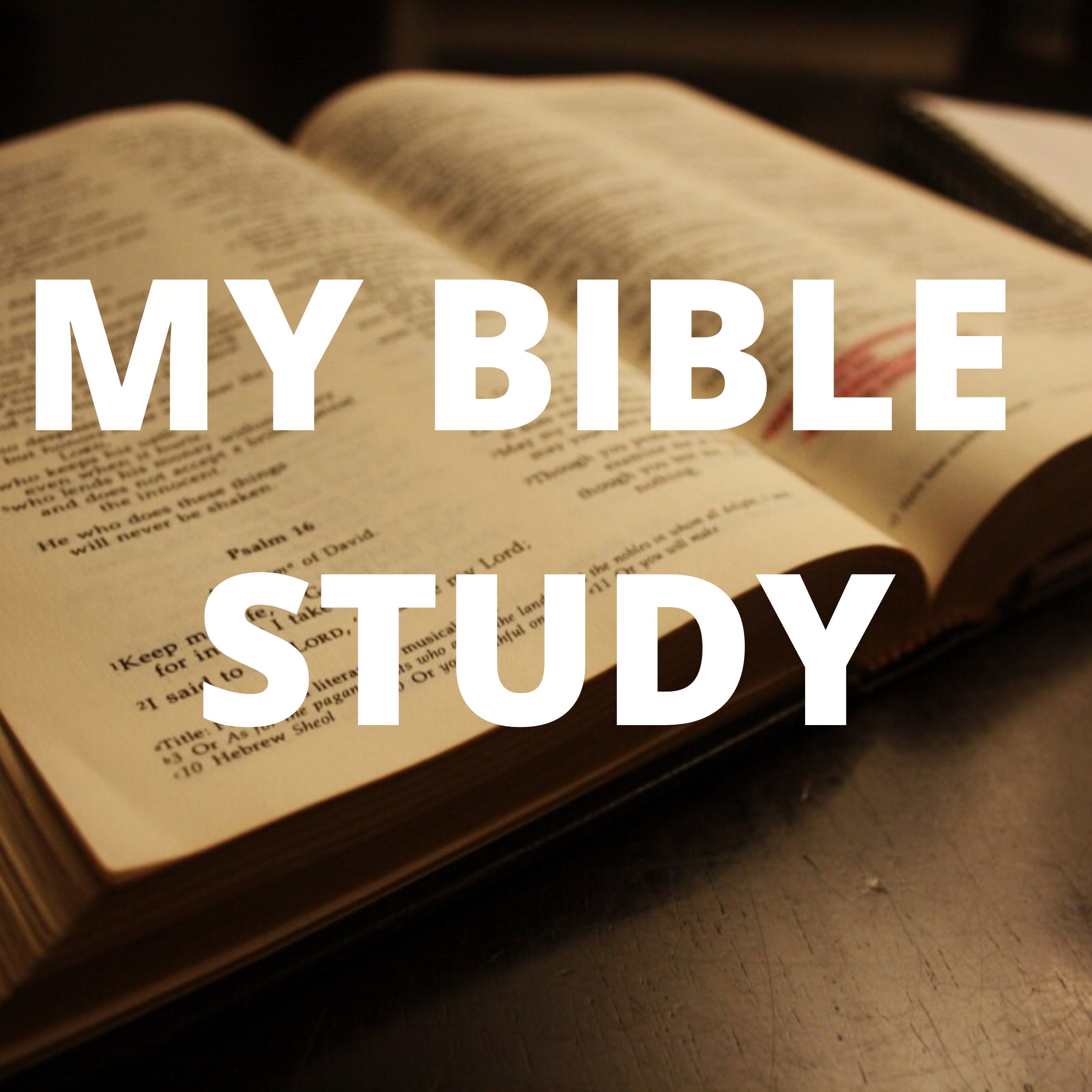My Bible Study Chapter Nine verses 22-28
While Shem and Japheth refused to go inside, Ham had no reservations about entering the tent. Whatever the failing of Noah, remember, he was inside his own tent, in the privacy of his own tent (9:21). That is the way Shem and Japheth wanted to keep it.
Ham had his own idea. He entered in, violating the principle of privacy, yet not to assist his father but to be amused at his expense.
Ham did nothing to preserve the dignity of his father. He did not see to it that Noah was properly covered. Instead he went outside to his two brothers and graphically described the folly which had overtaken their father. It seems to me that Ham also may have encouraged Shem and Japheth to go into the tent to see this for themselves.
The lengths to which Shem and Japheth went to in order not to see their father nakedness seems almost extreme in our sexually permissive society today. But, our televisions have desensitized us to nakedness or rudeness and immorality. There is nothing which is not advertised, even products which once were considered very private and personal are now openly addressed on television.
Shem and Japheth, scripture says, took “the” garment, the one which Noah should have been wearing, upon their shoulders, they went backward into the tent. Without looking upon their father, they covered him and left the tent.
In the morning, when Noah awoke from his drunkenness, he knew what had happened. We do not know how he learned of this. Perhaps he was alert enough to remember the events of the previous night. One thing I am certain about though—Shem and Japheth did not tell Noah, or anyone else.
I suspect that the story was well known around the camp by the next morning, and probably due to Ham blabbing about it. If Ham did not hesitate to tell his brothers, why hesitate to tell everyone else. Perhaps this is why Noah became angry at him.
Now, I want you to notice something else.
In verse 26, it is not Shem who is blessed, but Shem’s God - Yahweh: “He also said, ‘Blessed be the Lord, the God of Shem; and let Canaan be his servant” (Genesis 9:26).
By this, the godly line is to be preserved through Shem. From his seed the Messiah was said to come. The blessing comes not from Shem, but through Shem. The blessing flows out of the relationship which he has with Yahweh, the covenant God of Israel. And the servitude of Canaan is one of the evidences of this blessing.
